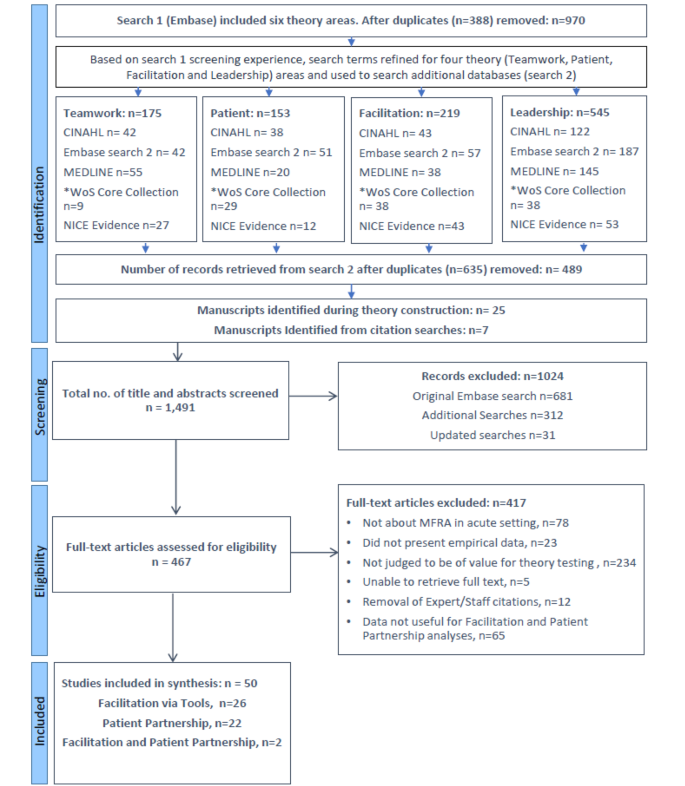8 Easy Facts About Dementia Fall Risk Explained
8 Easy Facts About Dementia Fall Risk Explained
Blog Article
Getting The Dementia Fall Risk To Work
Table of ContentsSome Known Facts About Dementia Fall Risk.8 Easy Facts About Dementia Fall Risk Shown10 Easy Facts About Dementia Fall Risk ShownGetting The Dementia Fall Risk To WorkThe Definitive Guide for Dementia Fall Risk
You may be worried due to the fact that you've had a fall prior to or because you have actually observed you're starting to really feel unsteady on your feet. You could have observed changes to your wellness, or just seem like you're reducing a little. Whatever the reason, it isn't unusual to come to be careful and shed confidence, and this can quit you doing the things you made use of to do and make you feel extra isolated.If you've had a loss or you've begun to feel unstable, tell your physician also if you feel great otherwise. Your physician can check your equilibrium and the means you walk to see if renovations can be made. They may have the ability to refer you for a falls danger assessment or to the falls avoidance solution.
This info can be gotten through interviews with the person, their caregivers, and a review of their clinical records. Begin by asking the specific concerning their history of falls, including the frequency and scenarios of any current drops. Dementia Fall Risk. Inquire regarding any kind of wheelchair troubles they may experience, such as unsteady or problem strolling
Conduct a complete testimonial of the individual's medicines, paying specific focus to those known to enhance the danger of drops, such as sedatives or drugs that lower high blood pressure. Establish if they are taking multiple medications or if there have been recent modifications in their drug routine. Evaluate the individual's home environment for prospective dangers that might raise the threat of drops, such as inadequate lights, loosened carpets, or absence of grab bars in the bathroom.
All about Dementia Fall Risk
Guide the individual via the loss danger assessment form, explaining each inquiry and videotaping their feedbacks precisely. Guarantee that the individual recognizes the objective of the evaluation and feels comfy offering truthful solutions. Determine the total risk rating based on the responses supplied in the evaluation form. Determine the individual's danger group (reduced, tool, or high) based on the overall score and the presence of automated risky condition elements.
Frequently keep an eye on the person's progress and reassess their risk of falls as required. click for source Give ongoing education and support to promote security and minimize the threat of drops in their daily living activities.
Lots of researches have actually revealed that physical treatment can assist to decrease the danger of falling in adults ages 65 and older. In a new study (that looked at falls threat in females ages 80 and older), scientists computed the financial effect of choosing physical therapy to avoid drops, and they located that doing so conserves $2,144, including all the covert costs of your time, discomfort, missed out on life occasions, and the dollars paid for solutions.
Rumored Buzz on Dementia Fall Risk
Inspecting your heart rate and high blood pressure dimensions at rest and while you turn (from sitting or lying to standing). A basic test of your thinking (cognitive) capacities. Evaluating your balance, address strength, and walking capacity. A simple vision test. Examining your feet and footwear. A home safety and security evaluation. Based upon the assessment results, your physical therapist will make a plan that is customized to your particular demands.
Older grownups that have difficulty walking and chatting at go to my site the same time are at a greater threat of falling. Dementia Fall Risk. To assist boost your safety during everyday tasks, your physical specialist may develop a training program that will certainly test you to maintain standing and walking while you do one more job. Instances consist of strolling or standing while counting backward, having a conversation, or bring a bag of grocery stores
Set objectives for raising their physical activity. Exercise much more to boost their strength and equilibrium. These programs commonly are led by volunteer instructors.
Some Known Questions About Dementia Fall Risk.

Measles, or rubeola, is a very transmittable, intense viral transmittable condition triggered by the measles infection. Some individuals consider measles as just a rash and fever that improves in a few days; however, measles can create significant wellness issues, particularly in kids younger than 5-years-old. The best protection versus measles is the measles, mumps, and rubella (MMR) injection.
Falls are an usual cause of injury among older grownups.
The Greatest Guide To Dementia Fall Risk

She has no background of drops, her gait is consistent, and she invalidates with no issues. The previous nurse states that she calls for help to the bathroom when she needs to go.
Instances of usual loss interventions/measures consist of: Making certain a patient's important items are within reach. Beyond understanding how to use the Johns Hopkins Fall Risk Assessment Device, it's vital that centers include its usage right into a much more detailed autumn prevention plan.
Report this page